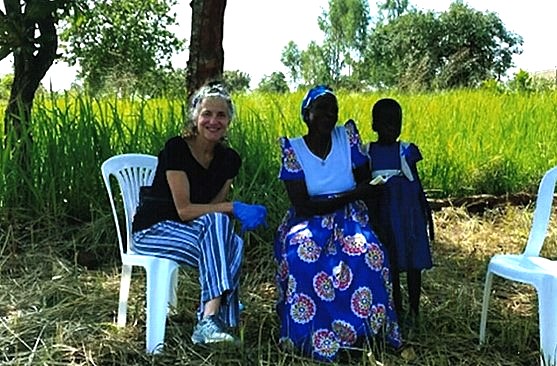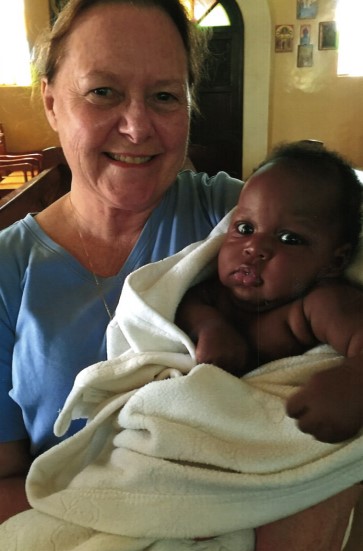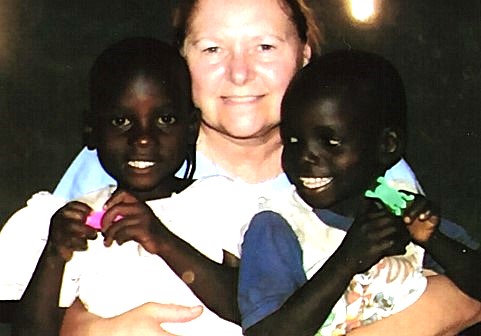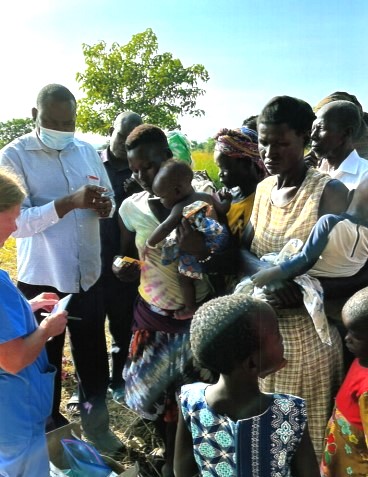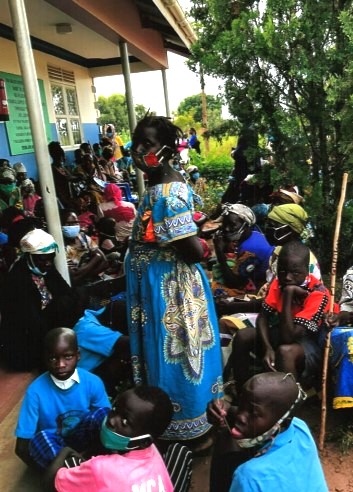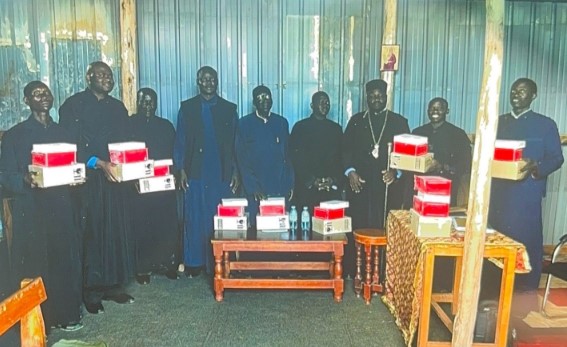Current Mission Trips
Lift Up Uganda sponsors mission trips with the intention of assisting in the medical and educational needs of the community. In addition to working at the St. Nektarios Health Center, the team travels to remote villages near Gulu and Lira to provide health care and education to those in need.
Physicians, nurses, nurse practitioners, physician's assistants, physical therapists, occupational therapists, pharmacists, psychologists, and teachers are just a few of those who annually participate in the Lift Up Uganda mission teams. Other support people are needed as well.
The World Health Organization series of "Helping Mothers and Babies Survive" classes was started in 2019 and has been added to our mission curriculum. Nurses, doctors, and midwives address and discuss the high mortality rate of mothers and babies. Those attending these classes become master trainers and lead classes throughout their communities. "Helping Babies Breathe," "Essential Care for Babies," and "Helping Mothers Survive" were also added. Reducing the mortality rate in babies and mothers is the ultimate goal. Our missions are actively involved in this process.
Since it was a mission trip that brought Sue to Uganda, it is only fitting that she is still organizing and leading such trips. Those 18 and older are welcome to contact Sue and learn about an opportunity that will change your life.
Planting trees on mission trips provides a sense of community and connection with the earth. Every mission trip provides this gift, as Trees are Life.
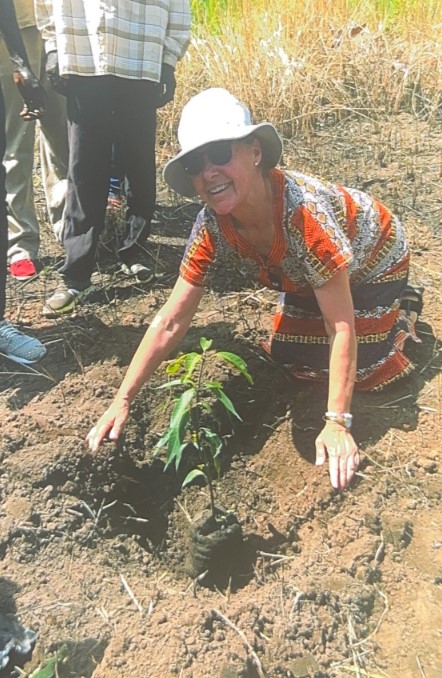
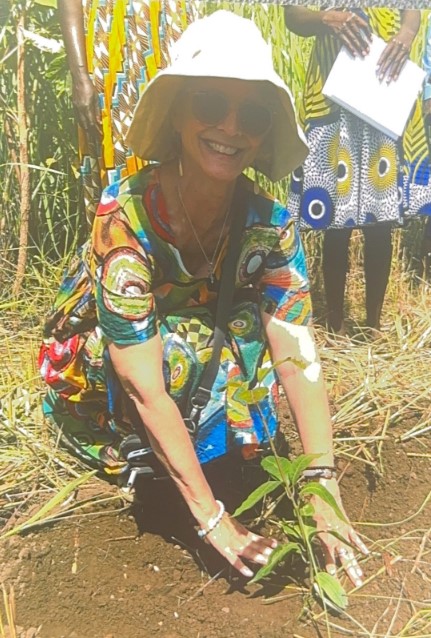
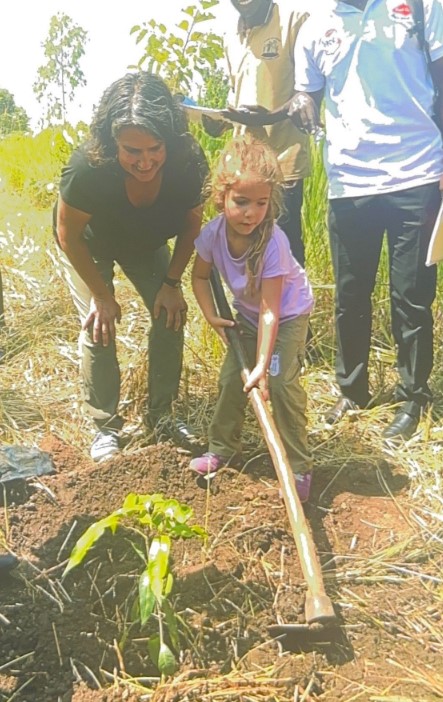
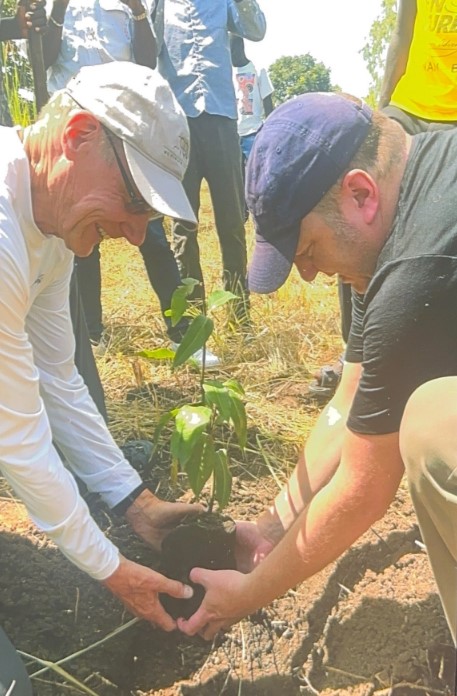
The following is a slide show of a previous mission trip from the summer of 2019. We look forward to having you join us on future mission trips.

